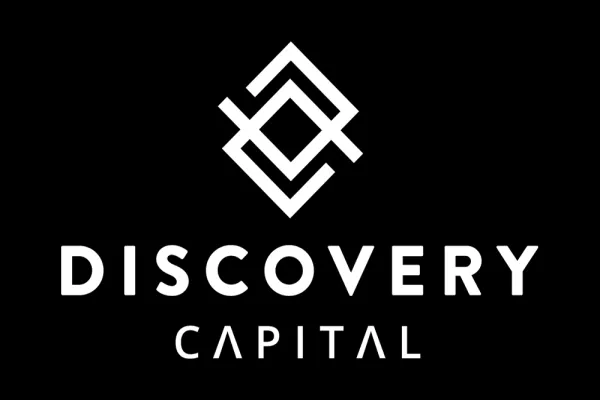Ecuador, it seems, is fast becoming the favored haven of the world's most notorious intelligence leakers. Will global investors find the route to Quito as attractive as Julian Assange and Edward Snowden apparently do?
Five years after he called international debt holders "true monsters" and the nation defaulted on two bonds issued by previous administrations, Ecuadorian President Rafael Correa is preparing for the country to return to the international capital markets this year or early in 2014.
Correa, who in February secured a third term with a crushing congressional majority, has financed the social programs and public investment that underpin his popularity through oil windfalls and bilateral funding arrangements, most notably with the Chinese. Ecuador is home to South America's third-largest crude reserves, but a drop in oil prices and a slowdown in China have Correa hunting for alternatives to sustain government spending, which amounts to almost 45 percent of gross domestic product.
Bolivia recently issued a ten-year bond at a yield of less than 5 percent. Suddenly, even for the most stridently anticapitalist regimes of Latin America, international debt is an appealing financing avenue. Hence Correa's careful presentation of a new, more private-sector-friendly face: On a May trip to the European Union, the president declared that he now views private enterprise as the primary engine of economic development, and since his reelection he's repeatedly affirmed his government's commitment to attracting more foreign investment. Nathalie Cely, Ecuador's ambassador to the U.S. and a longtime member of Correa's inner circle of advisers, says, "There is no irony" or "double speech" in this charm offensive, despite the government's extraordinary selective default on $3.5 billion of debt in 2008.
"We feel there's enough of an appetite out there" for the country's debt, she adds. Cely says the government has yet to decide the size or tenor of any bond offering, but she asserts that several banks, including Credit Suisse and Goldman Sachs Group, have expressed an interest in managing the issue. (Both banks declined to comment.)
"It takes more than a few notes to compose a symphony, and at present most investors are still in no mood to listen," contends Shahriar Shahida, CIO of New York–based hedge fund Constellation Capital Management. But markets have short memories, says James Harper, director of corporate research at BCP Securities, a Greenwich, Connecticut–based investment bank focused on emerging markets: "Fund managers rotate; new money comes in; attitudes change."
Ecuador is hoping that this dynamic, combined with the strength of the country's macroeconomic fundamentals, will prove enticing: GDP expanded by 8 percent in 2011 before cooling to a still-impressive 5 percent rate last year, the fiscal deficit remains low at 1 percent, and the ratio of debt to GDP is a paltry 21 percent.
The $650 million bond due in December 2015, which the government left intact in 2008 and pays interest on, has returned 15 percent over the past year. Standard & Poor's rates Ecuador a B with a stable outlook, and most analysts expect any bond issues to carry a yield in the high single or low double digits. This should be "more than enough" to get yield-starved investors "over the hump of Ecuador's credit event five years ago," says Arif Joshi, a New York–based portfolio manager at Lazard Asset Management.
But it remains unclear whether Correa is on the road to a more symbiotic embrace with the international investment community or simply stopping off at the capitalist fuel pump. How will Ecuador evolve? "I'll tell you what we won't be," ambassador Cely says. "We won't be a capitalist-driven economy. We won't be a socialist-centered economy. We will be something in the middle, but it's kind of difficult to grasp. • •







